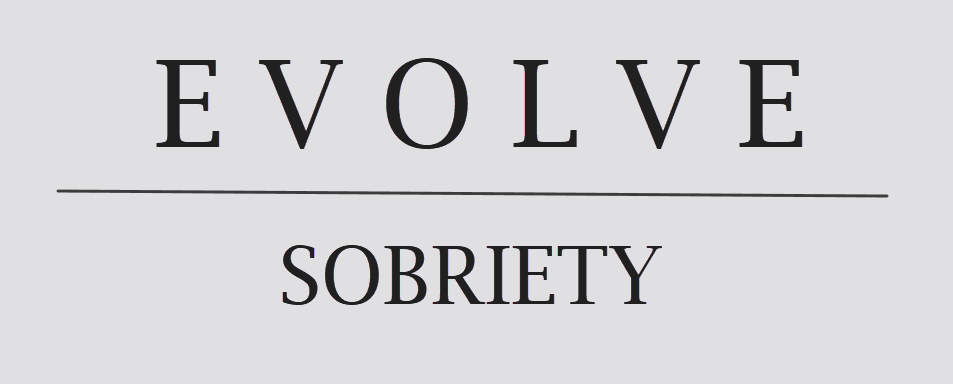Relapse is a frequent occurrence in the journey of addiction recovery and presents a significant challenge to individuals. However, relapse does not signify the end of their recovery journey. Nevertheless, relapse does not signal the end of their recovery. It only means they can prevent it from happening again with appropriate strategies and support and achieve ultimate success in their goals for sobriety. To this end, this blog post will explore effective relapse prevention strategies that Canadian residents can use, including those living in Toronto, Montreal, Alberta, Ontario, Quebec, Manitoba, Calgary, and Ottawa, among others.
Understanding Relapse: Before delving into prevention strategies, it’s essential to understand what relapse is and why it occurs. For instance, relapses are described as the recurrence of drug use after a period of abstinence. This can be influenced by specific triggers such as stress or cravings for substance abuse, hence leading to its reoccurrence when exposed to social pressure, emotional distress, or environmental cues, respectively. Therefore, knowing these triggers and understanding the different root causes of relapse is critical for developing effective preventative measures.
Essential Relapse Prevention Strategies: Identifying Triggers: Triggers are specific situations, emotions, or thoughts that can lead to cravings and, ultimately, relapse. Consequently, familiarising oneself with these triggers helps prevent them or deal with them accordingly. For example, it may involve making a list of things that stimulate cravings, like specific places, people, or emotions, thereby deciding how you will react when faced with any of them. Another precaution is avoiding parties where substances are present during social situations if they act as your trigger. The person may also seek help from friends who could monitor their behavior at such times.
Building a Support System: A robust support system is essential for maintaining sobriety. This comprises friends, family members, support groups, addiction counselors, etc., who encourage accountability, guidance, etc. Support group meetings like AA (Alcoholics Anonymous) or NA (Narcotics Anonymous) create community feelings and acceptance that are greatly needed when tempted or struggling. In addition, individual counseling sessions can also provide one-on-one backing as per the client’s wishes.
Developing Coping Skills: Coping skills are essential for managing cravings, stressors, and negative emotions without resorting to substance use. These may incorporate mindfulness techniques, relaxation exercises, deep breathing exercises, assertiveness training, and problem-solving abilities. Likewise, understanding and addressing underlying causes like trauma or co-occurring mental disorders that make individuals abuse drugs more often can aid them in obtaining healthier methods to handle their crises.
Creating a Healthy Lifestyle: A healthy lifestyle prevents relapse by promoting overall well-being and resilience. Regular exercise aids in stress reduction and mood improvement, while maintaining a balanced diet ensures the intake of essential nutrients for optimal brain function and energy levels. Sufficient sleep is required for physical and mental health, as is meditation or yoga for stress management purposes. Meaningful activities such as hobbies enable individuals to stay focused on recovery goals that they have set for themselves.
Shunning High-Risk Situations: These are settings or conditions that increase the likelihood of a person returning to their old habit. Such places can include:
- Social events where drugs and alcohol are present.
- Spots were known for substance abuse in the past.
- Mingling with those who facilitate and encourage drug habits.
It is essential for people in recovery to identify their high-risk situations and put measures in place that will help them avoid or reduce exposure to these situations. In some cases, it may involve saying no nicely to invitations where substances would be required or limiting contact with friends who could provoke cravings.
Realistic Goals: Goal setting should consider the real prospects of full recovery. Recovery is not a straight-line process but has ups and downs. Making attainable goals and celebrating small victories makes one stay more motivated toward their eventual recovery process. This may involve smaller goals broken into manageable steps during which milestones are recognized.
Seek Professional Help: Lastly, seeking professional help is crucial to preventing relapse. This might mean attending addiction counseling sessions, taking part in therapy or support groups, as well as accessing medication-assisted treatment when necessary. This way, individuals receive personalized guidance and support that meets individual requirements, hence enhancing successful coping with various hurdles on the road to recovery from addiction, including effective strategies and tools for managing cravings, handling stressors as well and dealing with underlying concerns leading to substance use by an individual.
By using these relapse prevention techniques day-to-day, along with utilizing Canada’s resources offered, every person will be ready for a long-term victory over addiction. Recovery happens through commitment and dedication alongside an adequate support system which helps people with an addiction transition into better lives than they had before falling into addiction’s clutches, hence being able to lead healthier lives again after conquering addictive behaviors irrespective of whether they come from any Canadian city like Toronto, Montreal, Alberta, Ontario, Quebec Manitoba Calgary Ottawa among others.

